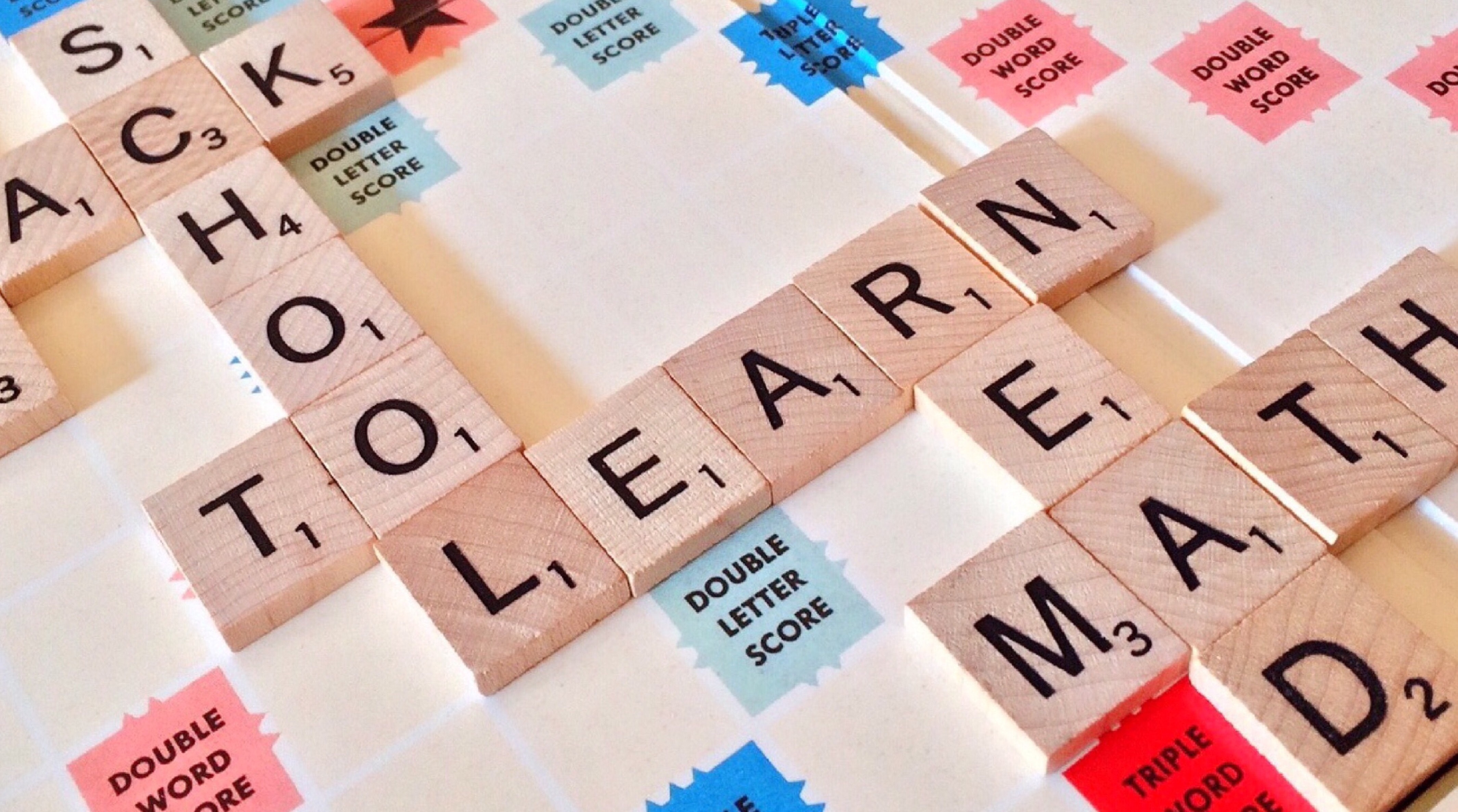Legal custody refers to a parent’s decision-making power over important aspects of their child’s life.
If you are approaching a custody battle in Hawaii, you may not be aware that there is a difference between legal custody and physical custody. Understanding the difference between these two legal concepts is key if you want to approach your custody battle in the most efficient way possible. Physical and legal custody may also become important after the divorce, when disputes arise and custody agreements are modified.
If you’d like to gain a full understanding of the differences between physical and legal custody, it’s important to get in touch with a qualified, experienced child custody attorney in Hawaii. These legal professionals can explain complex legal concepts in ways that are easy to understand. Not only that, but they can also guide you towards a positive legal outcome and help you navigate your custody battle in a confident manner.
What is Physical Custody?
Physical custody refers to the time that a child spends living with a parent. Sometimes, parents share physical custody, and children spend roughly equal amounts of time with each parent. In other situations, only one parent is granted physical custody. When a parent is granted sole physical custody, they are usually referred to as “custodial guardians” or something similar.
It’s important to note that even when a parent is granted sole physical custody, the other parent (referred to as a “non-custodial guardian”) is still given visitation rights. Hawaii recognizes that children benefit from having two parents in their lives, and they will only prevent one parent from seeing their children if they pose a serious threat to their children’s safety. Even if this is the case, visitations can be supervised by law enforcement professionals to ensure the safety of the children.
What is Legal Custody?

Legal custody refers to a parent’s decision-making power over important aspects of their child’s life. When a parent has legal custody, it means they have a say in these important decisions. While sole physical custody is relatively common in Hawaii, sole legal custody is exceedingly rare. Courts generally believe that even if a parent does not have physical custody, they should still have a say in how their child is raised. For this reason, shared legal custody is the norm.
Parents with legal custody get to make decisions on a range of subjects, including:
- Their children’s medical care
- Their children’s religion
- Their children’s education
Enlist the Help of a Qualified Attorney Today
If you’ve been searching the Honolulu area for a qualified child custody attorney, there are plenty of viable options available. Many experienced legal professionals are waiting to assist you, and these individuals appreciate how important a custody battle can be. If you’d like to spend as much time with your children as possible after a divorce and make important decisions about their lives, working with a qualified family law attorney is crucial. Book your consultation today.


Join the conversation!